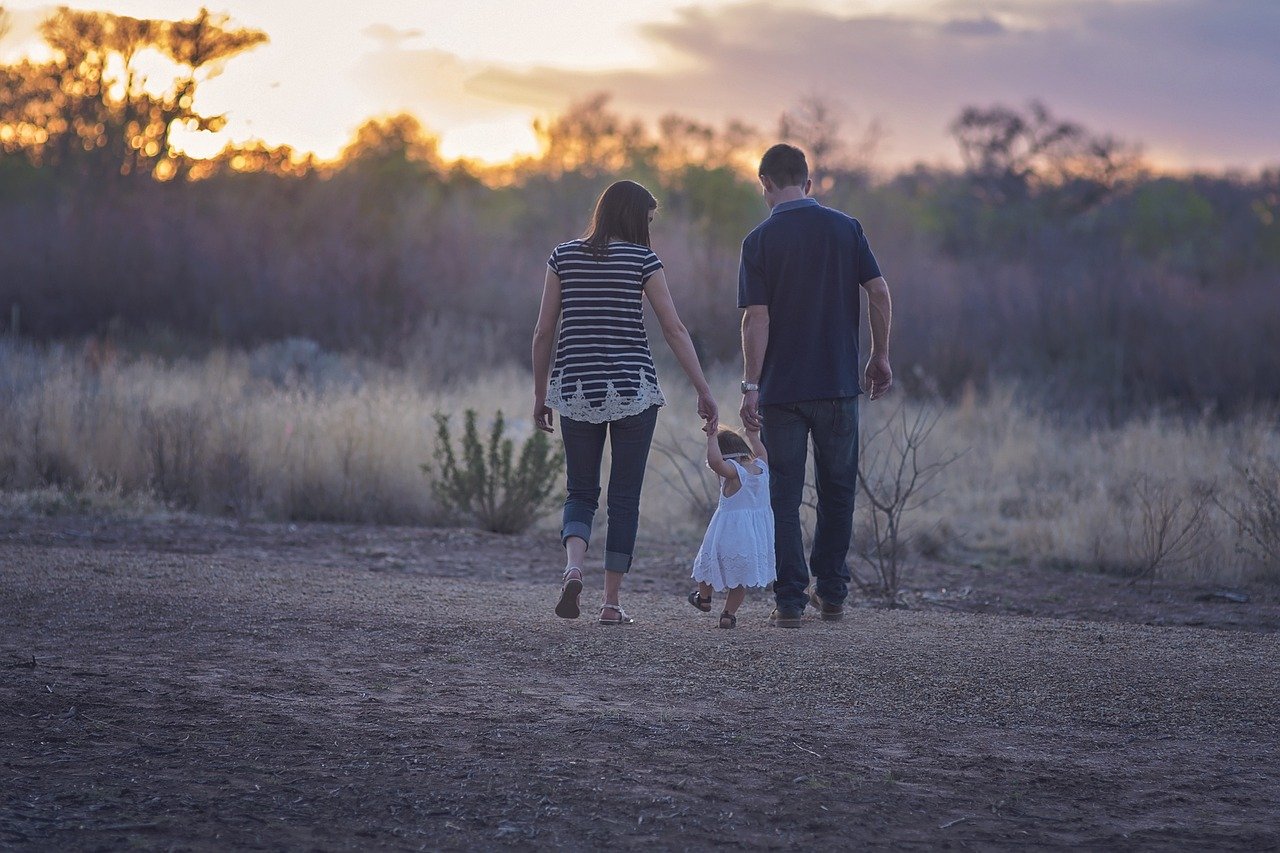7 Gut-Healing Benefits of 20-Min Daily Walks for IBS Relief (2025 Fix)
Table of Contents
ToggleIntroduction Of Daily Walks for IBS
Daily walks for IBS changed my gut and mental health. Learn how 10–30 mins a day eased bloating, anxiety, and helped digestion.
For years, I lived in a cycle of fear and discomfort. Mornings were the worst — the moment I’d wake up, anxiety would kick in, followed by cramps, bloating, and unpredictable bowel movements. I changed my food, tried supplements, went off dairy, and even meditated. Some things helped, but the game-changer was ridiculously simple: a daily walk.
Walking wasn’t something I expected to heal my gut or ease my mind. It wasn’t marketed as a miracle. But over time, it gave me a rhythm. A ritual. A sense of control. And for someone with IBS and anxiety, that meant everything. In this blog, I’m sharing why daily walks for IBS became my healing medicine — and how they can change your life too.
Why Daily Walks for IBS Work Better Than You Think
Movement is medicine — but not all movement is equal when your gut is sensitive. Strenuous exercise can trigger flare-ups. But walking? It soothes.
Stimulates digestion: Walking increases intestinal contractions (peristalsis), helping your body move things along.
Reduces bloating: Gentle movement reduces gas buildup and abdominal tightness.
Relaxes the nervous system: IBS is a gut-brain disorder. Walking balances the vagus nerve, calming both your brain and belly.
Improves bowel regularity: I noticed I became more regular after 3 days of consistent morning walks.
Whether it’s 10 or 30 minutes, daily walks for IBS create a consistent signal to your digestive system: “We’re safe. You can relax.”
Walking Also Helped My Anxiety (And I Didn’t Expect That)
Gut and brain are twins. When I’m anxious, I bloat. When I feel fear, my stomach churns. So when walking started to clear my head, it cleared my gut too.
Here’s what changed:
Morning worry spirals reduced
I stopped doom-scrolling first thing
Less cortisol = less gut chaos
And the best part? I didn’t need anything fancy. No apps. No therapy bills. Just fresh air and movement.
Walking gave me a pause between my thoughts. That pause saved me from spiraling — mentally and physically.
Science Backs It Up Too
Studies show that just 20–30 minutes of walking daily can lower cortisol levels, improve serotonin production, and improve gut motility. A study in the World Journal of Gastroenterology noted that moderate physical activity helps reduce IBS symptoms significantly.
And when I added walking after meals, my bloating dropped drastically.
If you’re searching for a sustainable, free, and natural tool — daily walks for IBS are one of the most researched and recommended lifestyle changes.
How I Started Walking with Zero Motivation
If you’re feeling low or drained, I get it. I was there. Starting a walk when you’re already uncomfortable is hard. Here’s how I made it doable:
Set 10-minute timer. Not 10,000 steps. Just 10 mins.
Choose nature over street if possible. Trees help your breath slow down.
No phone. I focused on breathing, sounds, or simply observing.
Made it sacred. I treated it like brushing teeth — non-negotiable.
Your walk doesn’t have to be “productive.” It just needs to be consistent. That’s where the magic is. if there’s one thing I’d tell anyone struggling with bloating, gas, or IBS flares — it’s this: daily walks for IBS are more powerful than any pill. Give your body movement, and it will give you balance back.
When to Walk for Best Gut Results
Best times to walk:
Morning Empty Stomach: Kickstarts metabolism, resets gut-brain signals
10 Minutes Post-Meal: Helps reduce gas, improves food movement
Before Bed: Calms nervous system for restful sleep
Avoid: Walking during digestion-intensive meals or under extreme heat (can aggravate vata or pitta).
Real Changes I Noticed After 14 Days
Morning bloating gone
Anxiety reduced before meals
Better, more complete bowel movements
Less PMS discomfort
Better sleep
I kept a simple log — just mood, digestion, and duration. It helped me track how daily walks for IBS changed my body and mind in small but powerful ways.
Eat this at you breakfast –High Protein Indian Breakfast – Masoor Dal Khichdi & Omelets
Final Thoughts: Healing in Motion with Daily Walks for IBS
If you’re managing bloating, constipation, or unpredictable flare-ups, daily walks for IBS might be the simplest yet most powerful shift you make. Unlike intense workouts that may trigger symptoms, daily walks for IBS work gently with your body’s rhythms.
These walks improve gut motility, ease anxiety, and help your nervous system regulate — all of which are essential for long-term healing. Personally, I found that daily walks for IBS after dinner reduced my bloating drastically within weeks.
And when done consistently, daily walks for IBS don’t just aid digestion — they become a grounding ritual that restores your connection to your body. You don’t need a gym or a complicated routine — just 20 minutes and a willingness to begin.
Many readers have shared how daily walks for IBS gave them back their energy, focus, and food freedom. If your gut is asking for relief, say yes to daily walks for IBS — your path to healing could literally start with a single step.
Tech Note:-
This blog was created by WhiteBalanceAI.com, a wellness-focused web design studio helping creators build high-traffic SEO blogs with empathy, monetization, and reader trust. Want your site to do the same? Let’s build it.
Frequently Asked Questions
Can daily walks help with IBS symptoms?
Yes—gentle exercise like walking can stimulate digestion, reduce stress, and ease bloating and abdominal discomfort common in IBS.
How long should I walk each day for IBS relief?
Aim for 20–30 minutes of brisk walking daily. If you’re new to exercise, start with shorter 10-minute walks and gradually increase.
What time of day is best for walking with IBS?
Walking after meals (within 30 minutes) can help with digestion. Evening walks may also reduce stress and improve sleep, which benefits IBS management.







